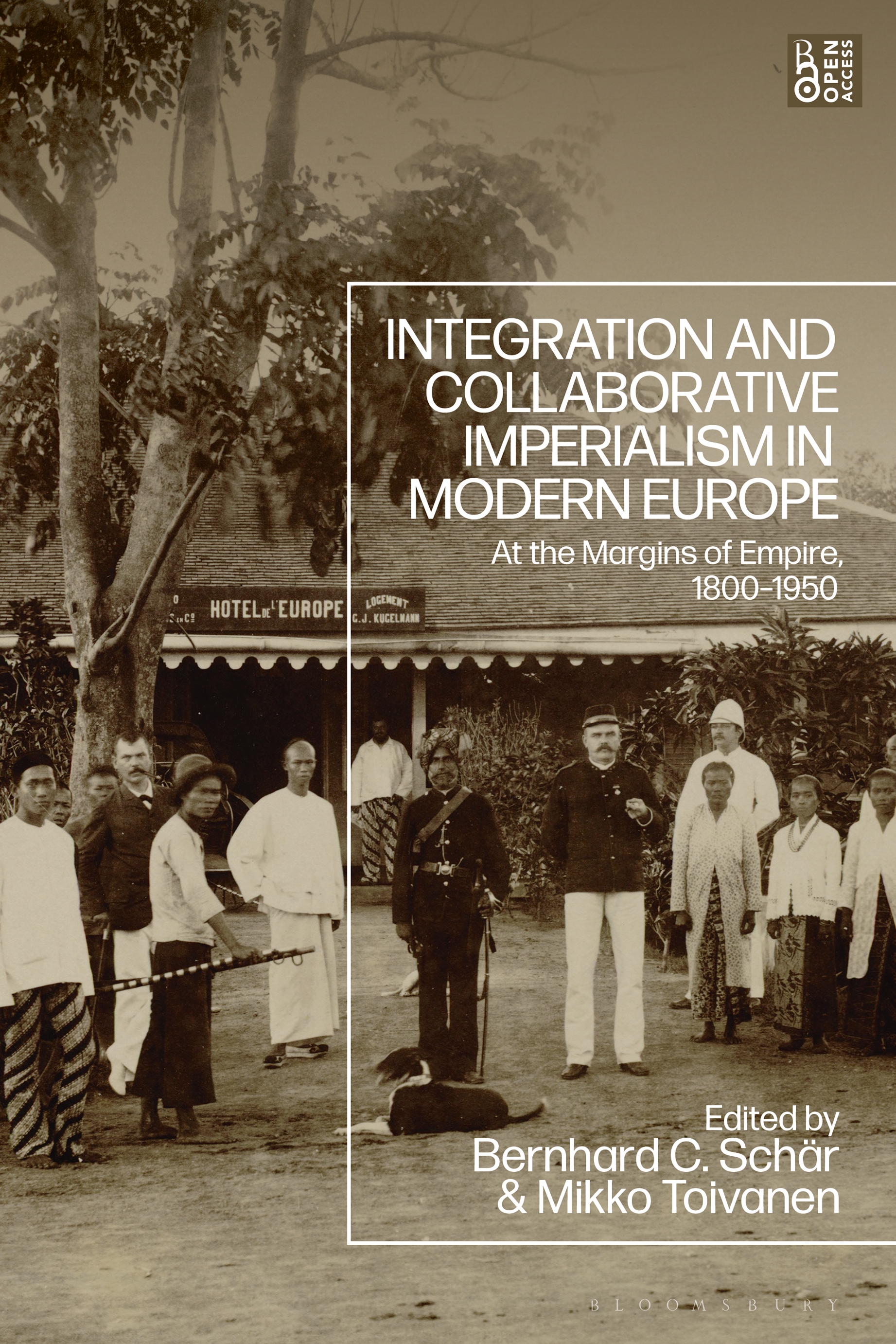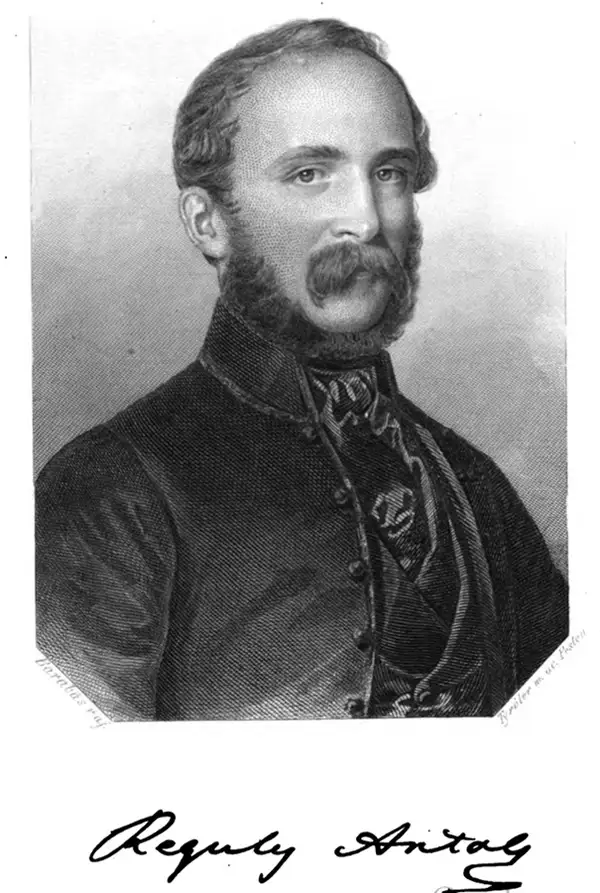Szabolcs László, research fellow at our institute, contributed a chapter to the newly published, open access volume, entitled Integration and Collaborative Imperialism in Modern Europe: At the Margins of Empire, 1800-1950 and edited by Bernhard C. Schär and Mikko Toivanen.
In his chapter (“Orientalist knowledge from the margins: The colonial entanglement of nineteenth-century Hungarian research on Inner Asia”) László intends to re-examine the history of 19th-century Hungarian orientalist scholarship, challenging the prevailing narrative of its “colonial innocence.”
 Cover of the collective volume
Cover of the collective volume
He argues that despite presenting itself as a unique form of “fraternal Orientalism,” focused on finding linguistic kinship and national origins, Hungarian research was deeply entangled with European imperialism. This entanglement manifested in reliance on Russian and British imperial infrastructure and resources, contributions to Eurocentric knowledge production that strengthened imperial power, and the instrumentalization of orientalist findings to bolster Hungary's national identity and claim a place within the European power structure.
 Portrait of Antal Reguly. Lithograph based on a drawing by Miklós Barabás and featured in the Reguly Album that was published in 1850 in Pest. Wikimedia Commons.
Portrait of Antal Reguly. Lithograph based on a drawing by Miklós Barabás and featured in the Reguly Album that was published in 1850 in Pest. Wikimedia Commons.
Focusing on the expedition of Antal Reguly to Siberia in the 1840s, László’s analysis aims to de-exceptionalize Hungarian orientalism, revealing its complicity within the broader context of global colonial practices and highlighting the interconnectedness of national identity construction and European imperialism in the semi-periphery of Europe.



